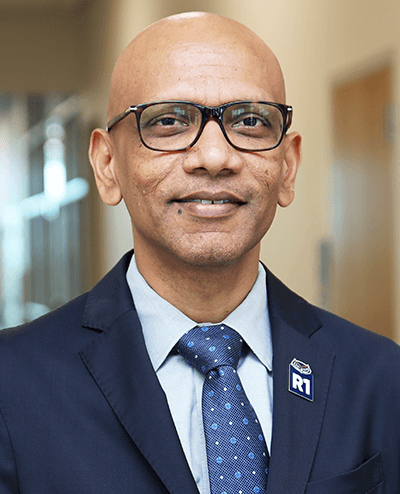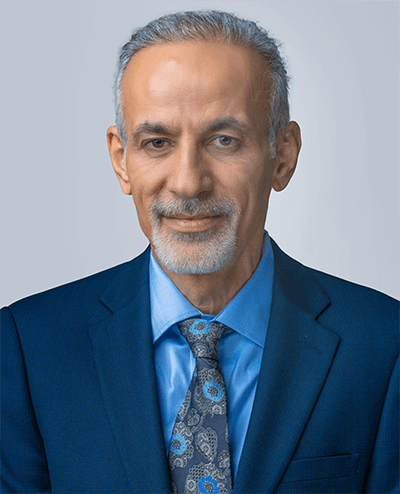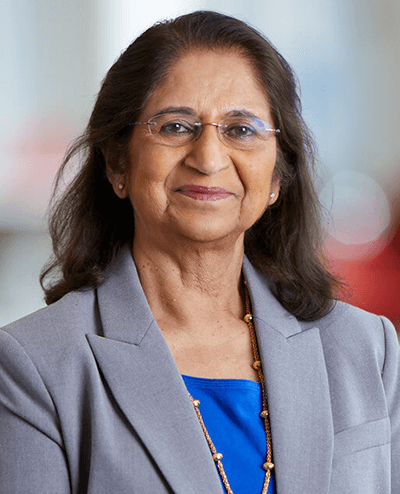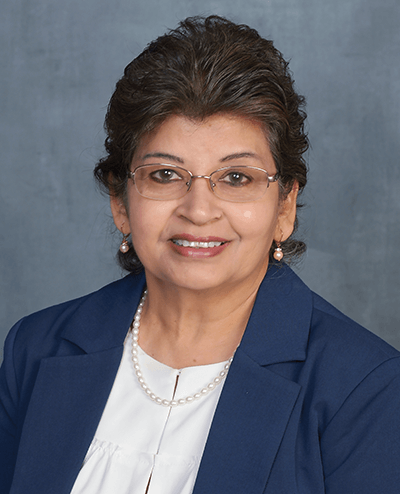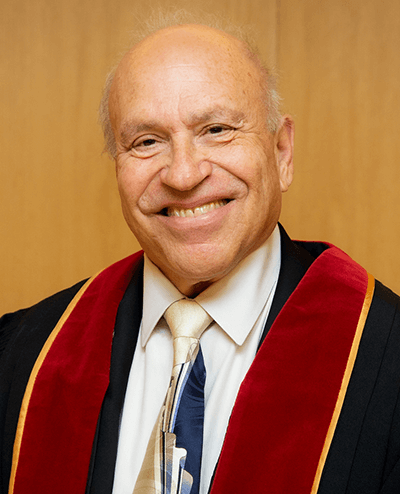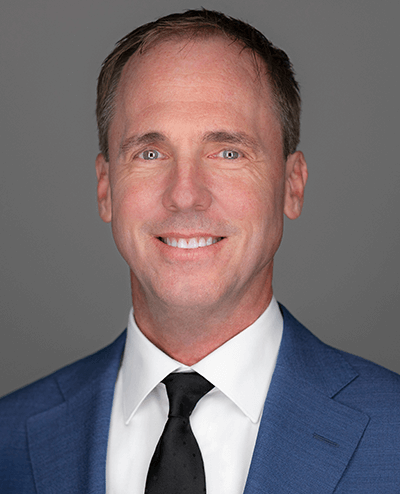
2025 Inductees
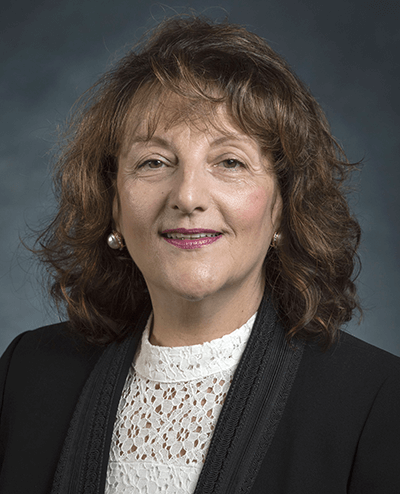
Cleopatra “Cleo” Cabuz, Ph.D.
Vice President of Technology and Partnerships (Retired)
Honeywell Safety and Productivity Solutions
59 U.S. Patents
Cleopatra “Cleo” Cabuz, Ph.D., is the retired Vice President of Technology and Partnerships for Honeywell’s Safety and Productivity Solutions, a $6 billion division of Honeywell International. In this role, she was instrumental in steering the division’s advanced technology portfolio, accelerating innovation, and fostering strategic partnerships. Prior to this, she served as Vice President of Engineering and Chief Technology Officer for Honeywell’s Industrial Safety business. Over her 23-year tenure at Honeywell, Dr. Cabuz progressed from Principal Research Scientist in Honeywell Corporate Labs to various leadership roles, consistently driving technological advancement.
With a career spanning both industry and academia, Dr. Cabuz has made significant contributions to engineering research, capability development, and leadership. Her work on Micro-Electro-Mechanical Systems (MEMS) actuators led to the invention of a new family of ultra-low-power, cost-effective, polymer-based electrostatic actuators with rolling contacts. These innovations have been pivotal in developing valves, pumps, and artificial muscles used in advanced medical technologies. Notably, her design of rolling contacts reduced actuation voltage requirements while enhancing displacement and stability. Her extensive patent portfolio includes groundbreaking structures such as the Dual Diaphragm Pump, Active Surfaces, and the Artificial Muscle.
Dr. Cabuz’s research also extended into integrated systems for chemical and biological analysis. She led multidisciplinary teams in developing and demonstrating systems like the MesoSniffer, a portable landmine detection device, and the Micro Cytometer for blood analysis. She invented and demonstrated the first handheld flow cytometer capable of performing complete blood counts, a test conducted approximately two billion times annually worldwide. Her innovations in miniaturized flow cytometry, including disposable cartridges, laid the foundation for the ImmuneIQ product line, enabling point-of-care diagnostics for immune diseases.
Dr. Cabuz holds 59 U.S. patents. In 2017, she was elected to the National Academy of Engineering for her contributions to sensors, MEMS technologies, and the development of industrial and safety products. She served as Executive Director of the MEMS Industry Group from 2003 to 2005 and is an elected Senior Member of the Institute of Electrical and Electronics Engineers (IEEE). Her numerous honors include Honeywell’s 2000 Technical Achievement Award, the 2003 Lion’s Award, and the 2011 Velocity Product Development Award. She is an inductee of both the MEMS Industry Group Hall of Fame and Honeywell’s Inventor’s Hall of Fame. In 2018, Newsweek Romania recognized her as one of the “Top 100 Romanians from Abroad” during Romania’s Centennial celebrations.
Dr. Cabuz holds an M.S. in Electronics from Politehnica University of Bucharest in Romania and a Ph.D. in Mechatronics/Microsystems Engineering from Tohoku University in Japan.



